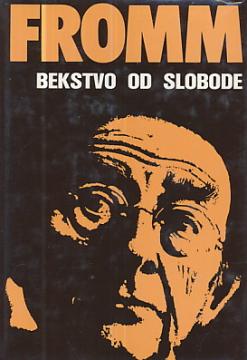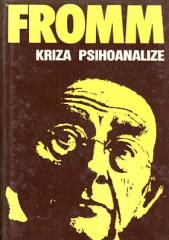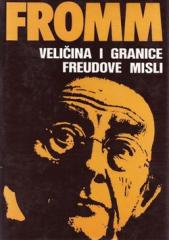
Bekstvo od slobode
In the work "Escape from Freedom" (1941), Erich Fromm analyzes the psychological and social effects of the modern concept of freedom.
In his analysis, Fromm starts from the historical context of the transition from medieval to modern society, where man gradually loses the security of community and tradition, but at the same time gains personal freedom. However, this freedom, although formally liberating, also causes a feeling of isolation, powerlessness and anxiety.
Fromm claims that many individuals cannot cope with the burden of freedom, so they unconsciously seek ways to escape from it. This escape can take three forms: authoritarianism (submission to a stronger force or domination over others), destructiveness (the drive to destroy oneself or others) and conformism (adaptation to the expectations of society while losing one's own identity).
In his analysis of Nazism, Fromm shows how social and psychological conditions created fertile ground for the mass acceptance of authoritarian rule. People sought security in a leader, because they could not bear the uncertainty that freedom brings.
Fromm concludes that the only healthy response to freedom is the development of authentic individuality, based on love, creativity and rationality. Freedom should not mean isolation, but the possibility for a person to become who they truly are.
One copy is available





